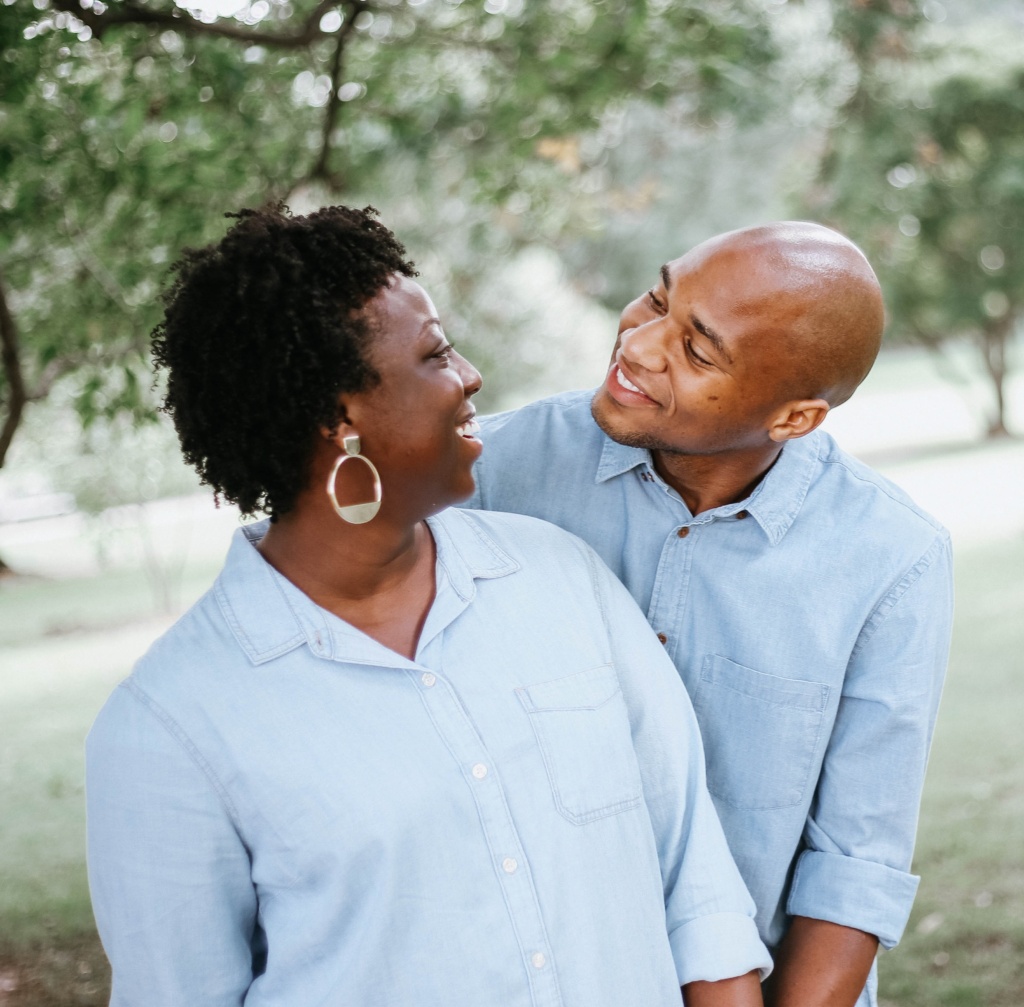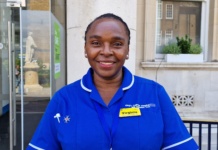
By Iyamide Thomas, NHS Engagement Lead (Screening), Sickle Cell Society UK
We just celebrated Valentine’s Day, when many people reaffirmed existing relationships, and others embarked on new ones – with roses, chocolates, candle-lit romantic dinners no doubt having played their part! For those in long term relationships, it might be a moment to reflect on starting a family with a partner they deem to be their type. For those who started new relationships, they might soon begin to reflect on whether their new ‘Valentine’ is really their type? Are they that Prince Charming or Dream Girl they are looking for? It’s important for us all to know our ‘type’ however, this article is particularly for young adults who have not yet had children.
Why Know Your ‘Type’?
From the type of people we might have been attracted to this past Valentine’s Day to the way we look and behave, we inherit a lot from our parents through genes, including what’s known as our haemoglobin genotype. This tells you the two genes (i.e. codes) you have inherited (one from each parent) for your type of blood haemoglobin. Haemoglobin is the substance in your blood that gives blood its red colour and carries oxygen around your body. It is important to know your haemoglobin genotype as this can play an important role in determining whether you or your children are affected by two serious inherited blood conditions – sickle cell disease and thalassaemia.
Sickle cell disease is a serious condition that can cause severe pain, anaemia and organ damage. It mainly affects people who originate from Africa, the Caribbean, Asia, the Middle East and the Mediterranean. Thalassaemia is a condition most common among people originating from India, Pakistan, Bangladesh, Cyprus and China. People can inherit Beta Thalassaemia major which affects their ability to produce enough red blood cells. This causes severe anaemia and organ damage and they need to be on regular blood transfusions throughout life. The usual and most common type of haemoglobin gene people inherit is Haemoglobin A. Unusual haemoglobin genes include Haemoglobin S, Haemoglobin C and beta thalassaemia. People can only get sickle cell or thalassaemia if they inherit two unusual genes for haemoglobin (e.g. if you inherit two Haemoglobin S genes you will have ‘sickle cell anaemia’.) If you inherit one Haemoglobin A gene and one Haemoglobin S gene, your haemoglobin genotype is ‘AS’ and you are known as ‘trait’ or ‘carrier’. In the UK, 1 in 4 West Africans are sickle cell ‘trait’. Each time two carriers have a baby there is a 25% chance the baby could be born with sickle cell disease or thalassaemia.
Finding Your ‘Type’
In the United Kingdom there is an NHS Sickle Cell and Thalassaema Screening Programme which offers all pregnant women a screening blood test which is then offered to the father-to-be if the woman is found to be a carrier or has sickle cell herself. The Programme also screens newborn babies for sickle cell. Testing for your haemoglobin genotype before pregnancy is called ‘preconception testing’. You can ask your GP for this blood test before you and your partner decide to start a family and especially if you know other family members who are carriers or who have sickle cell.

Young Adults on Preconception Testing
In 2022 -23, the Sickle Cell Society held focus group discussions with young adults who either had sickle cell or were trait and had not yet had children. This was so they could feedback on how much they knew about sickle cell and testing, their experiences of the Screening Programme, when and where they thought people should be tested and what sources should be used to give out health information.
The young adults felt that there is now more awareness of sickle cell especially with organisations like the Sickle Cell Society and the local sickle cell support groups. They suggested apps and podcasts, Tik Tok are innovative and good ways to target young people with health information, but this should be from reliable sources such as the Sickle Cell Society, or the NHS app which has comprehensive information on sickle cell. They all knew that they had the trait or the condition, some from a very young age and felt the best time for testing was around the mid to late teens:
The young adults were asked how they felt about relationships, including meeting someone who is a carrier (i.e. trait). They felt many more people are now keen to find out their haemoglobin genotype before starting relationships. Interestingly, one carrier who had found out her partner was also a carrier said that when couples find out their ‘type’ they should have access to psychological counselling if needed. The NHS Screening Programme offers antenatal counselling to couples at-risk of having a baby with sickle cell so they can make their own informed choices about the pregnancy. Preconception counselling (i.e. before pregnancy) is available from genetic counsellors and some hospitals have psychologists attached to their haematology departments. This is what some said about relationships:
The Sickle Cell Society does a lot of outreach to educate the general public about sickle cell as more awareness will also help to remove the stigma associated with the condition. We are particularly planning to do more ‘preconception outreach’ which will include producing a special leaflet targeting young adults, some of who might well have found themselves new Valentines recently!
Useful websites and contacts:
Sickle Cell Society
Email: info@sicklecellsociety.org
UK Thalassaemia Society
Email: office@ukts.org









